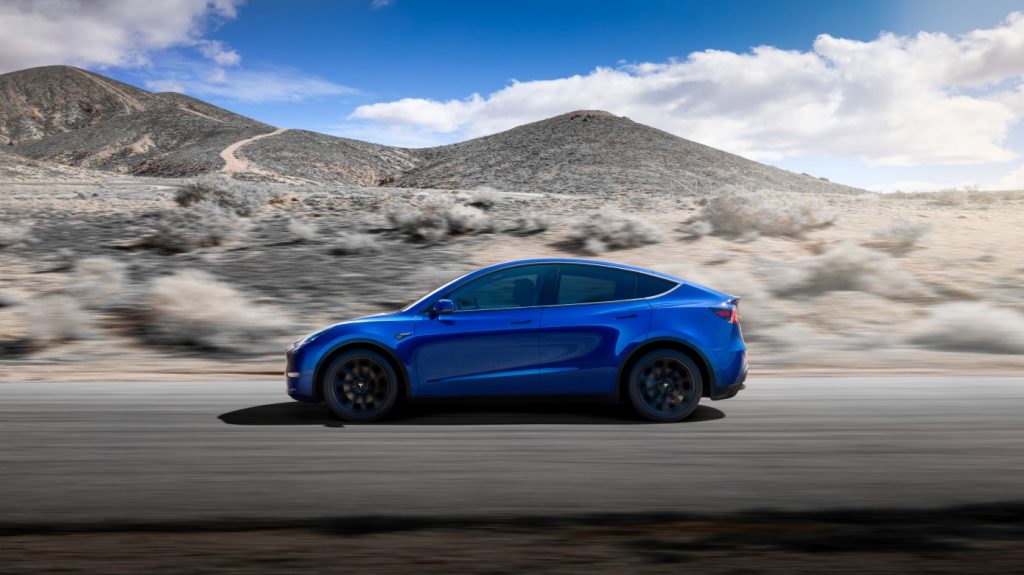After 10 years of constantly strengthening its brand, Tesla has finally moved from being a public market newbie to becoming the most valuable automaker in the world based on market value.
This shouldn’t come as a complete surprise because over a period of time, Tesla, with its electric cars, had long since exceeded the valuations of Ford and GM.
In January, Tesla became the most valuable U.S. automaker ever with its market cap hitting $81.39 billion. In Nigerian naira, this converts to N37,439,400,000,000; close to 37.5 trillion.
With this figure, a few automakers still remained ahead of Tesla but that was until its shares popped after the market reopened in the first week of July.
Tesla’s shares rose to nearly 4% to $1,129.18 — hitting a new 52-week high. With this, Tesla’s market capitalization currently stands at nearly $208 billion. With this, it surpassed Toyota to become the world’s most valuable automaker by market value. Right now, Toyota’s market cap stands at $202.74 billion.
Tesla’s stock price currently has some analysts confounded as it moved between a rise, a fall, and then a rise, rise and yet another rise. This movement happened despite a series of setbacks and controversies the automaker had to contend with.
Meanwhile, the automaker’s new status as the most valuable automaker in the world doesn’t match up with its global volume. However, this has not dampened the spirits of investors in any way.
Tesla has clearly accelerated production and deliveries. It delivered 367,500 electric vehicles in 2019, which was 50% more than the previous year — a record-breaking figure largely supported by sales of its cheaper Model 3.
Toyota produces 10 million vehicles annually and interestingly, Tesla has escaped the rules that investors usually apply to traditional automakers. This is because the automaker is viewed more as a tech company than an automaker.
The forecasts of analysts often dwell as much on CEO Elon Musk’s promises on future products that might never materialize as they do on the more pedestrian quarterly figures such as delivery and production numbers and revenue.
The automaker’s share price, however, appears to be immune to the effects that the COVID-19 pandemic has had on the automotive industry at large.
While Tesla might have experienced COVID-19-related slowdowns, as well as temporary suspension of production, its investors have continued to buy in and push its share price higher.
As things stand, Tesla’s share price could rise again if its second-quarter delivery and production figures meet or surpass the expectations of analysts.
Analysts who were polled by FactSet looked forward to sales of 72,000 vehicles within the second quarter.
Do you see Tesla holding on to this pole position of the most valuable automaker or will it be overtaken by Toyota and other automotive giants? Feel free to share your thoughts with us in the comment section.
